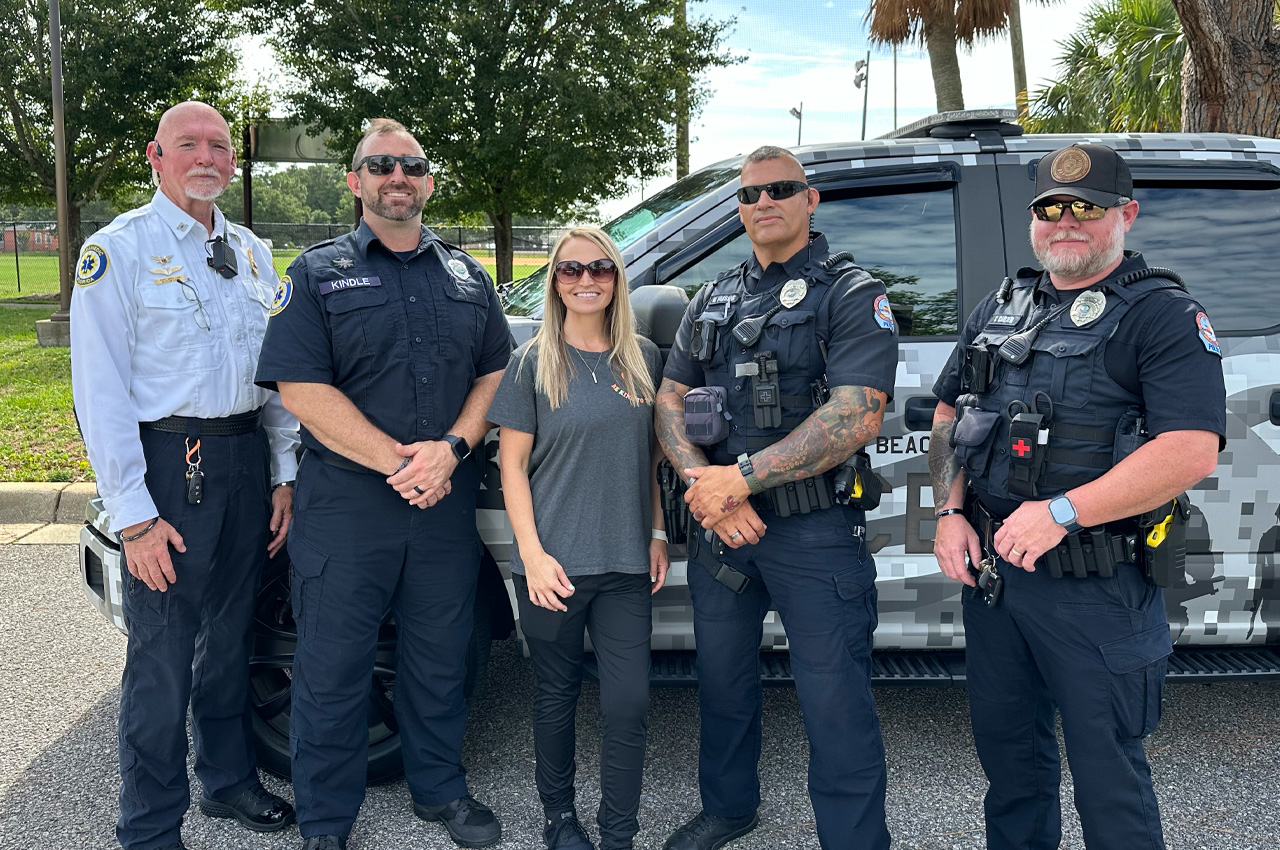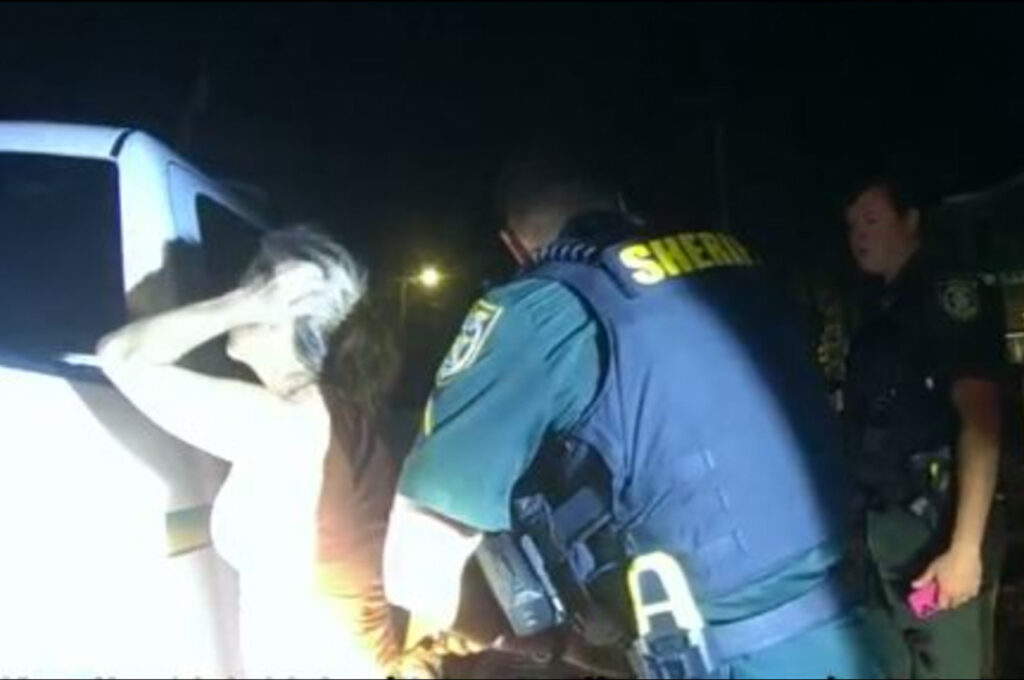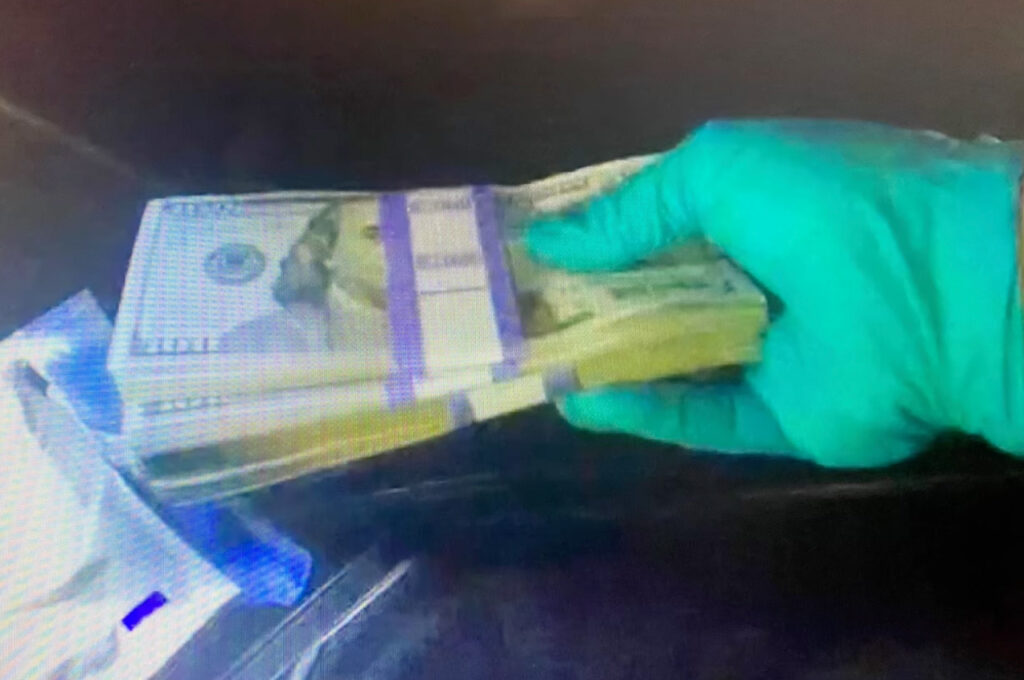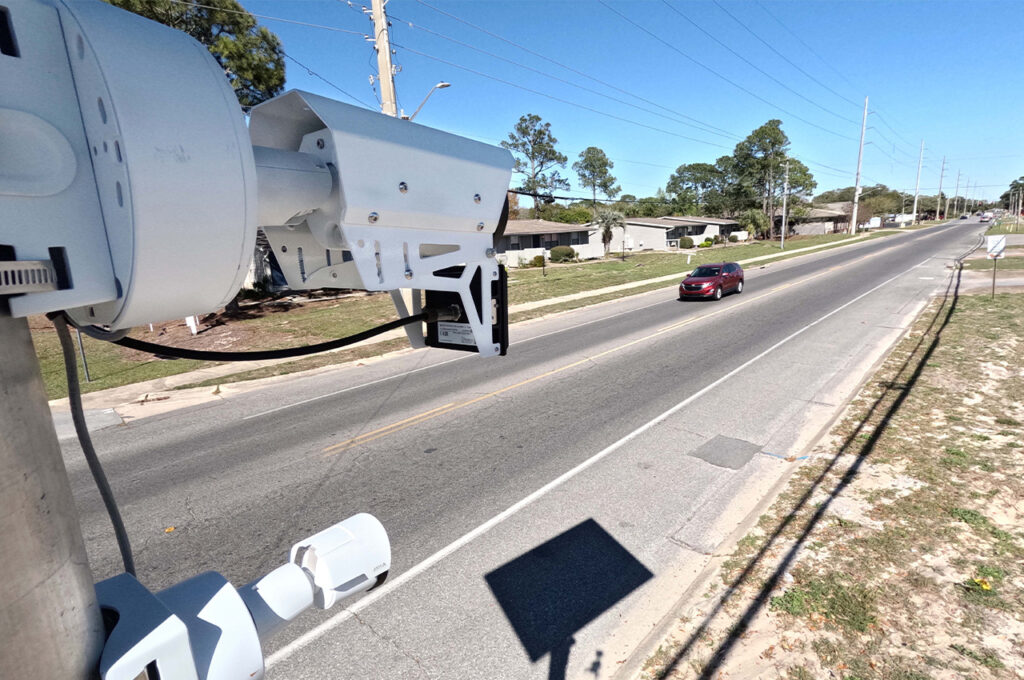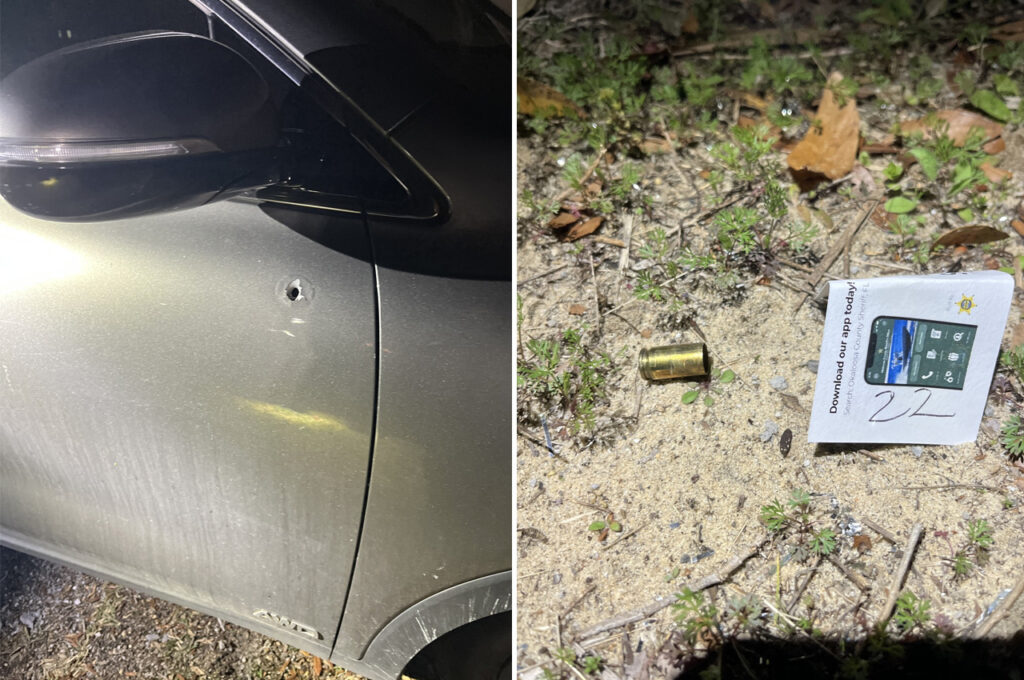In response to Okaloosa County’s high drug overdose rates, local law enforcement and health agencies have launched a new initiative aimed at supporting overdose survivors and connecting them with treatment resources.
- The Post Overdose Support Team (POST) program, which began as a pilot in Fort Walton Beach in June, has now expanded countywide. The initiative brings together law enforcement, emergency medical services, and behavioral health professionals to provide rapid intervention and support to individuals who have recently survived a drug overdose.
Fort Walton Beach Police Chief Robert Bage, speaking in an interview about the program, highlighted the urgency of addressing the county’s drug crisis.
“Okaloosa County has a higher drug overdose rate than our surrounding counties,” Bage said. “Of the 67 counties in Florida, only seven have a fentanyl death rate of greater than 40 per 100,000 people. We have just over 200,000 people in Okaloosa County, and we had just over 80 fentanyl-related deaths last year.”
The POST program operates by sending a three-person team — consisting of a law enforcement officer, a community paramedic from Emergency Medical Services (EMS), and a clinician from Bridgeway Center — to visit individuals within 24 to 72 hours after they have experienced an overdose.
- “Between 24 and 72 hours is ideal,” Bage explained. “A lot of studies have shown that people are more receptive to receiving help or treatment during that golden window.”
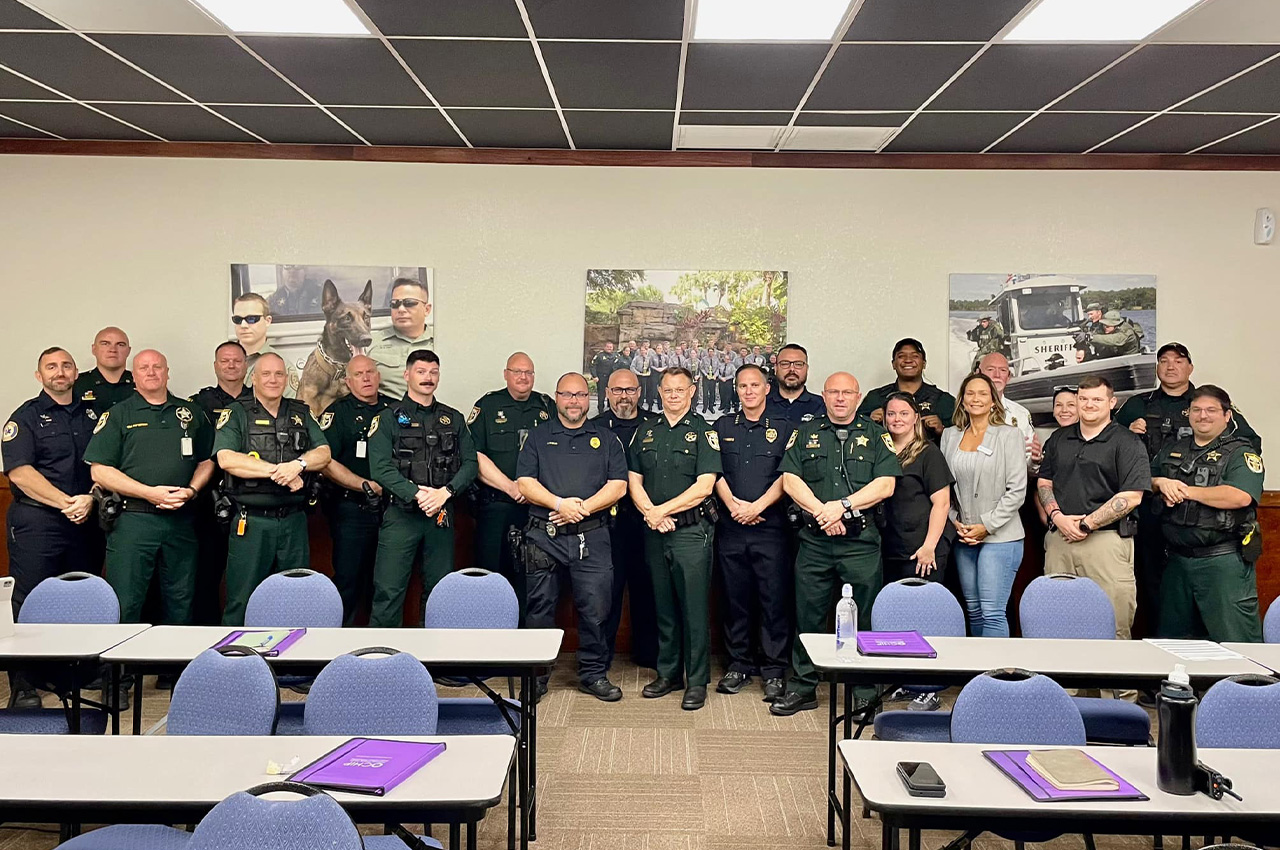
Capt. Greg Cain of Okaloosa EMS reinforced the gravity of the situation that led to the program’s creation. “It’s a sobering moment when you realize you [Okaloosa County] have one of the highest overdose rates in the state of Florida,” Cain said. “So it was really important for us to make sure that we were able to address the issue. We felt it imperative that we go ahead and get involved in this program immediately.”
The team uses data provided by EMS to identify recent overdose cases within their designated geographic area. They then visit the locations, introduce themselves as the POST team, and offer support and resources.
EMS plays a vital role in the POST program, not only by providing data but also by leaving behind potentially life-saving resources. “Our ambulances are all stocked with what’s called a ‘saved your life’ kit,” Cain explained. These kits, left at residences where an overdose occurred, contain Narcan, instructions for its use, a guide for mouth-to-mouth resuscitation with a pocket mask, and a card with a QR code linking to substance addiction resources.
- “We try to convey to them that their life might have been saved by a reversal drug, but now the team wants to save their future,” Bage said. “We really want to break that cycle of addiction.”
One of the program’s key features is its ability to remove barriers to treatment. The Bridgeway clinician can immediately enroll individuals in various treatment programs, including medication-assisted treatment, faith-based treatments, and cognitive treatments.
“If they can’t sign you up right then and there, they’ll follow up with you later in the day or the next day and sign you up for the program,” Bage added.
The team also provides information about food insecurity, shelter, and mental health resources, recognizing that these issues often go hand-in-hand with drug addiction.
- For cases where no one answers the door, the team leaves behind a small postcard with information about drug addiction, food insecurity, and mental health resources. They distribute these cards throughout the neighborhood to reach anyone who might be struggling with these issues.
The program’s approach was influenced by data showing that a significant portion of overdose cases involve local residents. “Prior to probably four or five years ago, it was always looked at as an outsider problem,” Bage said, explaining it was thought of as tourists or homeless overdosing. “We really started looking at the stats. It changes year by year, but I would say between a 60-70 percent average over the last five years is a good target range for our local residents.”
For non-residents who experience an overdose while visiting the area, the team sends a postcard with local and national resources to their home address.
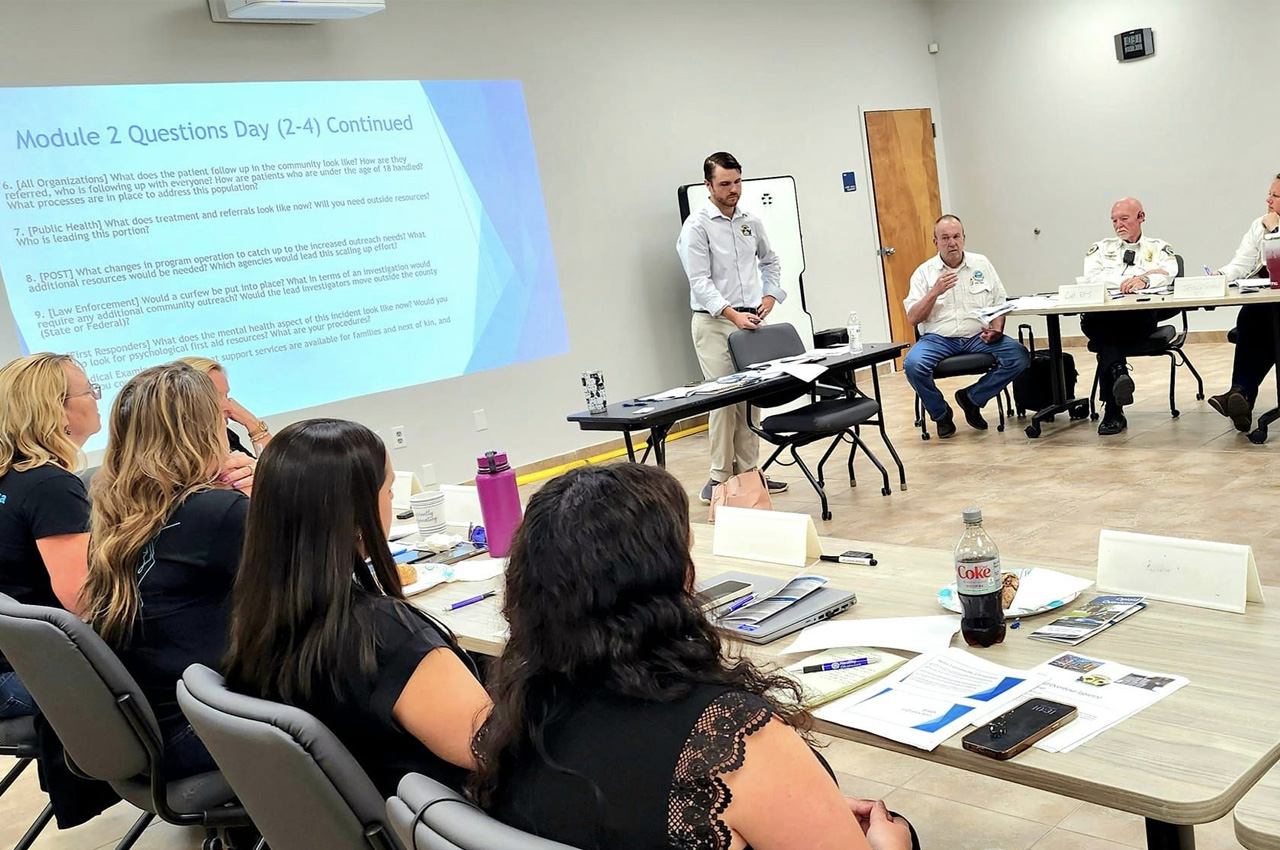
The POST program is part of a larger initiative called the Coordinated Opioid Recovery (CORE) Network in Okaloosa County. It’s a collaborative effort between Okaloosa County, Bridgeway Center, and the Okaloosa County Health Improvement Partnership.
- Funding for the program comes primarily from CORE dollars and opioid settlement money received by the county.
While it’s still early to gauge the program’s long-term success, Bage reported some encouraging results from the pilot phase. “During the pilot program, they went to about 30 doors. They actually got a response at about half the doors and they were able to get six people enrolled into treatment programs that might not have been enrolled into a treatment program,” he said.
The program has set several metrics to measure its success, including reducing the fentanyl death rate from over 40 per 100,000 to about 38 per 100,000, reducing the number of overdose calls that EMS responds to, and making contact with 50 percent of people who overdose in Okaloosa County.
In addition to door-to-door outreach, the POST team plans to conduct pop-up events and participate in community gatherings to distribute information about treatment resources and Narcan, a medication used to reverse opioid overdoses.
- “We’re really trying to get a lot of Narcan out into the community,” Bage explained. He added that businesses can obtain small red boxes containing Narcan from the health department to mount in their establishments, similar to automated external defibrillators (AEDs).
However, Bage emphasized that while Narcan is a crucial tool in saving lives, it’s not infallible. “Narcan is great. It’s like wearing your seatbelt in a car. It saves numerous lives, but Narcan doesn’t save every life,” he cautioned.
The police chief also highlighted the broader context of the drug crisis, noting the high levels of fentanyl contamination in the illicit drug supply. “The DEA puts it as high as 30 or 40 percent of all illicit drugs are laced with fentanyl,” Bage said.
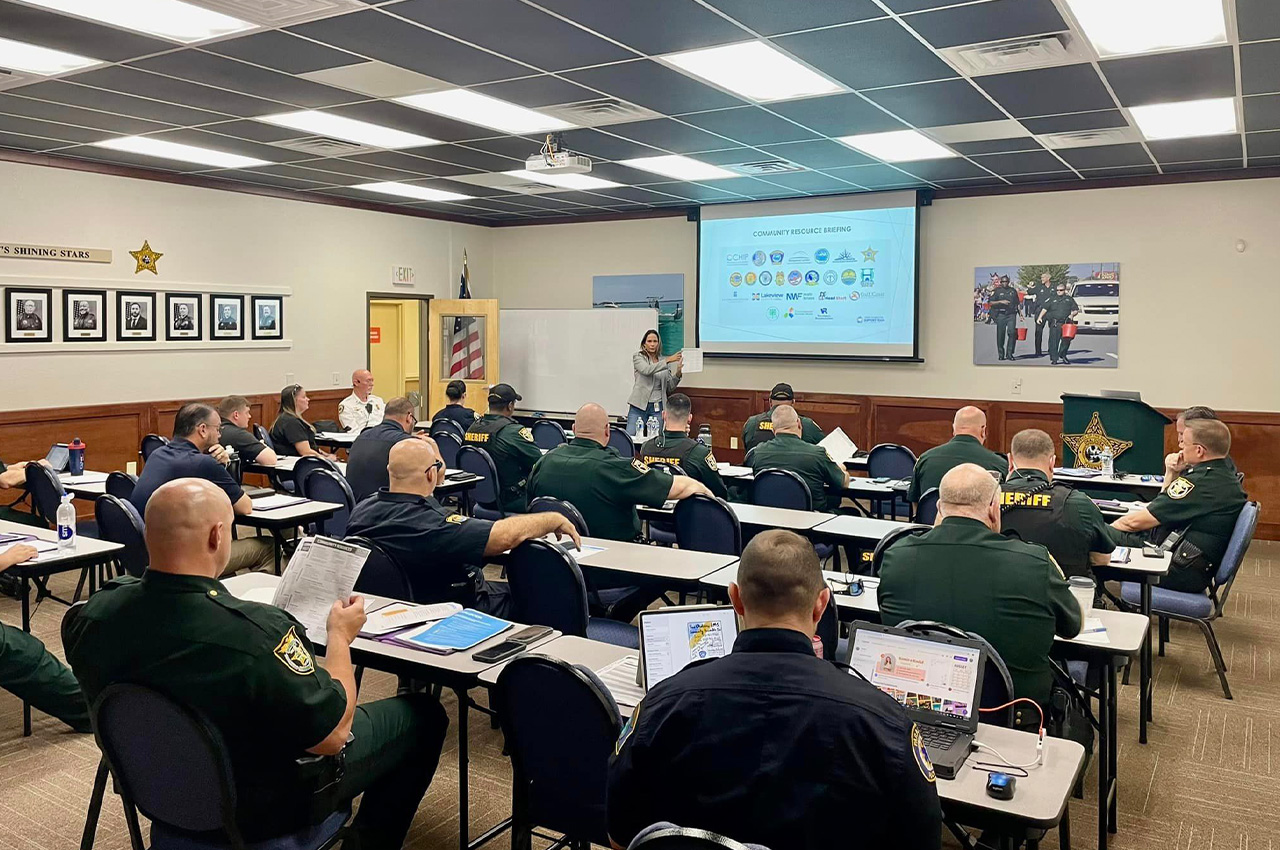
To prepare for their role in the program, law enforcement officers receive a 90-minute training session covering the program’s goals, procedures, and their specific responsibilities. The primary role of law enforcement in the POST team is to provide legitimacy to the outreach effort and ensure the safety of the other team members.
- Bage sees the POST program as part of a holistic approach to tackling drug-related issues in the community. “We’d love to never make another drug arrest again,” he said. “If you have an addiction problem, we can provide a resource to break that addiction. Or by trying to cut off the drug supply coming into the community, we want to tackle it from all avenues.”
Bage highlighted the scale of the ongoing drug crisis. “If you look nationwide for about the last four years, there’s been over 100,000 overdose deaths. The majority of them, over 70 percent of them, are synthetic opioids, with the biggest one being fentanyl,” Bage said.
As the POST program continues to roll out across Okaloosa County, officials hope that this targeted, multi-disciplinary approach will help reduce overdose deaths and connect more individuals with the support and treatment they need to overcome addiction.
“In today’s environment, one pill can kill,” Capt. Cain warned, echoing a slogan adopted from the DEA. “Everything’s laced with fentanyl. Fentanyl is our biggest problem.”
As part of ongoing efforts to combat the opioid crisis and raise awareness, the Okaloosa County Health Improvement Partnership is hosting a free community event in observance of International Overdose Awareness Day.
- The gathering, open to all community members, will take place at Crosspoint Church Fellowship Hall in Niceville on August 31, 2024. Beginning at 5:30 p.m. with a complimentary dinner, the program will run from 6:00 to 8:00 p.m.
Attendees can expect free food, Narcan distribution, raffles, and access to community resources for substance use and addiction. Those interested in attending can RSVP at https://bit.ly/OkaloosaOverdoseAwareness2024.
For more information about the POST program or to access addiction resources, residents can contact the Fort Walton Beach Police Department or visit the Okaloosa County Health Department website.

